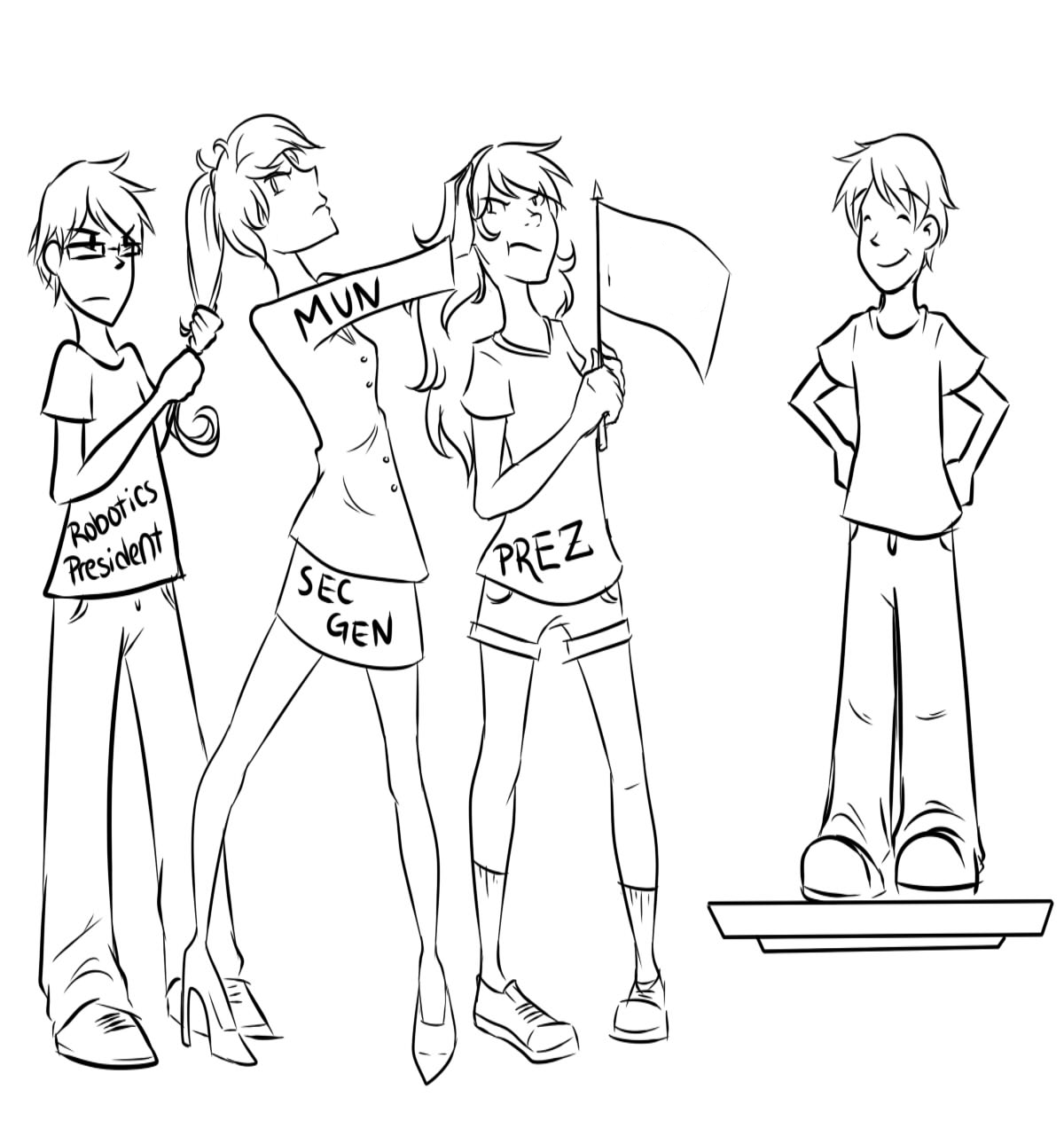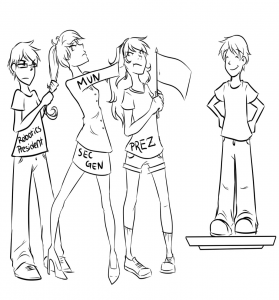Lenient clubs devalue prestige and education

 Students more than ever are being allowed to participate in once selective campus organizations. However, as membership expands, its value diminishes. Standards dilute as organizations grow — an alarming trend in a world that often thinks more is better.
Students more than ever are being allowed to participate in once selective campus organizations. However, as membership expands, its value diminishes. Standards dilute as organizations grow — an alarming trend in a world that often thinks more is better.
Tighter requirements for membership must be implemented so that the dedicated few are not adversely affected.
ASB, Peer Leaders Uniting Students, Link Crew and the future Service Learning Leadership are the four leadership groups on campus. Link Crew hosts 100 members.
“The reason that all these leadership classes were created was because so many students have wanted to be a part of something,” Activities Director Season Pollock said.
However, this desire to be involved it is not always fueled by a need to take part in the community. Rather, membership attracts many students who simply want to join for an addition to their college applications.
“The growing number of students who are a part of leadership programs makes [membership] less impressive,” junior Amelia Frejie said.
Some organizations face problems because they host lukewarm members. Prospective student-journalists may join entry level journalism without completing prerequisites. Consequently, too often editors are saddled with reporters who cannot write well. Science National Honors Society offers membership to students in good academic standing who complete courses that many students here take anyway. The requirements, only two science classes, are minimal.
Inclusive organizations cause student members to be spread thin and not fully devoted. This slack results in greater breadth but less depth.
By enforcing rigorous entrance requirements and capping enrollment, members will be motivated to be dedicated and committed.

